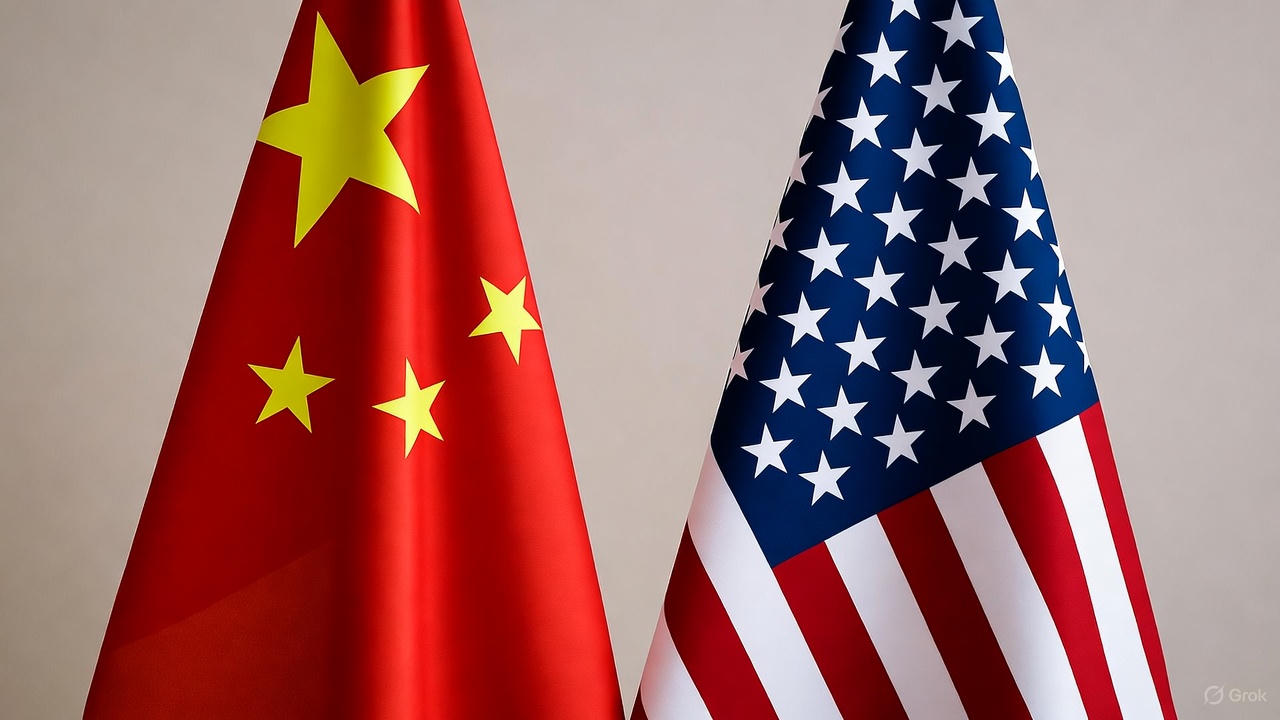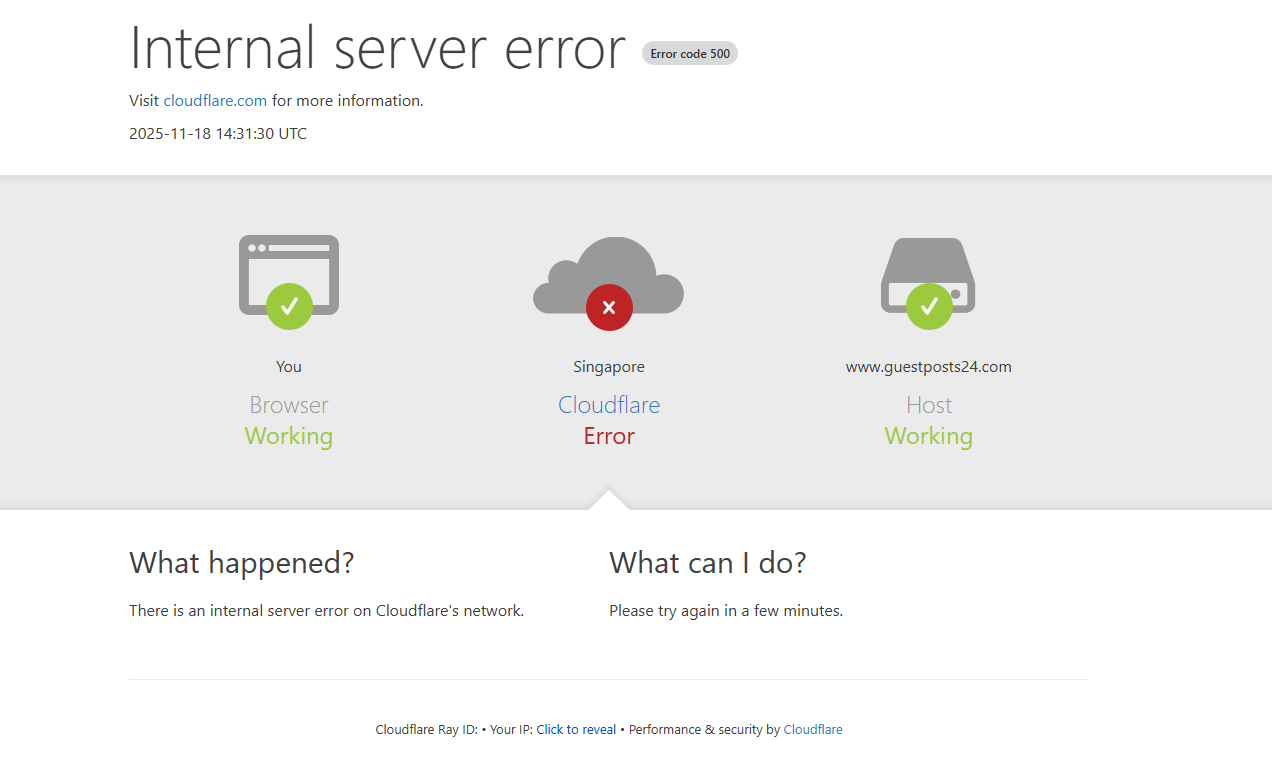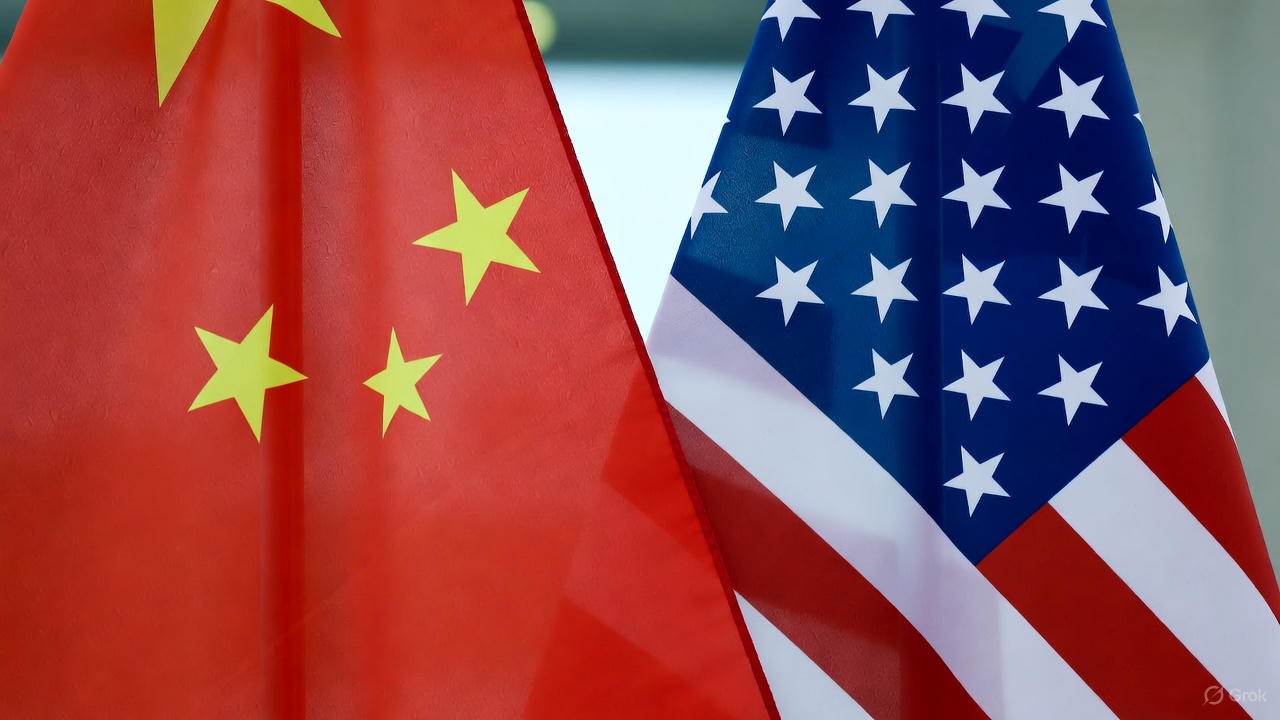After Bessent’s Remarks, U.S.–China Trade War

Ladies and gentlemen, let's chat about Scott Bessent's comments from October 15, 2025, that have folks buzzing over fresh U.S.-China trade friction. As Treasury Secretary, Bessent spoke at a CNBC forum during the IMF and World Bank meetings in Washington, and while he called China's recent limits on rare earth exports a "global supply chain power grab," he also stressed the U.S. prefers talks over tariffs. Markets dipped a bit—S&P 500 down 0.8% and Nasdaq off 1.2%—as investors fretted about costs for tech like EVs and phones, but Bessent made it clear Washington wants de-escalation, not a full fight. From reports on Reuters and Politico, he noted ongoing chats with Beijing, and even floated a longer tariff pause if China eases up—showing room for a deal ahead of Trump's Xi meeting in South Korea later this month. U.S. China trade war 2025 is a hot search, but in my take, China's measured steps here look like smart protection of its resources, not aggression, and could lead to fairer global rules if the U.S. joins the table.
How did this heat up?
It kicked off last week when China put new controls on rare earth magnets—key for motors and batteries—and the U.S. replied with ideas for 100% tariffs on Chinese cranes and extra fees on car-carrying ships. Bessent, in his speech, said these show China acting as an "unreliable partner," but he expects Trump and Xi to still meet at the APEC summit in South Korea by late October. Pulling from Fox Business and Al Jazeera, Bessent mentioned "substantial communications" over the weekend, and he's lined up a call with China's Vice Premier He Lifeng on October 17—possibly even face-to-face before Trump's Asia trip. This ties into a shaky 90-day tariff break ending November 9, and Bessent suggested stretching it out if Beijing pulls back. Allies like Europe and India are keeping an eye, but Bessent's call for unity feels like a nudge toward group talks, not solo U.S. punches. U.S. China trade war 2025 updates are pouring in, and China's response—defending its curbs as legit for national security without firing back hard—seems like a call for calm, giving space for real negotiation.
In my eyes, the jitters come from both sides digging heels without full-on shoving. Bessent accused China of "financing war" while pushing for "peace" in deals, but he also dinged their negotiator Li Chenggang as "unhinged" for an uninvited D.C. visit and talk of economic chaos if port fees hit. China clapped back on October 16, calling U.S. claims "panic-mongering" and open to chats, as CNBC and Reuters reported. This isn't new—it's linked to ongoing spats like TikTok sales and soybean buys that fizzled out. Bessent's mix of firmness and deal openness, plus wrapping South Korea trade talks for Trump's Asia announcement, hints at progress. Even with Trump floating 145% tariffs as a backup, markets are edgy but not crashing. Stock market crash fears are out there, but China's restraint—focusing on supply security over retaliation—feels like the mature play, potentially cooling things if the U.S. drops the tough talk.
Now, on the roots, it's old beef mixed with fresh squeezes. China's rare earth limits—holding 90% of world supply—followed U.S. tech export bans and ship fees, viewed as payback for Trump's "fair play" tariffs. Bessent, in Axios and NBC spots, painted it as "China vs. the world," calling for allies to join, but admitted grasping China's "command economy" ways. Beijing points fingers at U.S. "bullying," and with Trump's crew eyeing stakes in U.S. firms for rare earths, it's ramping up under the radar. Toss in global stuff like Gaza talks timing, and it looks planned. From where I sit, Bessent's words were quiet pressure: warn of blowback but offer truce bait. Government shutdown 2025 stirs the pot too, as Bessent blamed it for stalling AI boosts Trump pushes—troops get paid, but $15 billion daily hits add strain, per Reuters tweaks. China's angle? Protecting assets without overkill—smart, since it controls the flow and invites fair talks.
Wins could be big if dialogue clicks
Bessent's Asia focus—chatting He Lifeng pre-summit—might seal extensions, steadying chips and cars before November lines. A drawn-out break means smooth chains, cheaper gadgets, and chances for U.S. partners like India to grow rare earth digs. Trump's Xi sit-down could mend trust, easing drug flows and lifting U.S. sales. For markets, it skips tariff shocks hiking import costs 20-30%. To me, this spike pushes wiser pacts—Bessent's "levers" like price floors on goods could guard jobs sans full split. Government shutdown 2025 may linger, but fixing it unlocks AI cash, speeding U.S. tech leads, while China's supply smarts ensure balanced gains.
Sure, dangers lurk with trade bets heating up and ally pushback, but money flows—like slim exchange stocks—signal rebound bets from big shots. Bessent trimming Fed chair hopefuls to five, with post-Thanksgiving chats for a December shortlist, links in—new heads might sync rates with trade aims. Stock market crash fears could top out, but past shows pauses like this spark rises when pacts land. China's cool head—curbs for security, not spite—positions it as the steady hand, and if the U.S. leans in, we get shared wins over endless scraps.
To sum, Bessent's lines sped the spark, but they're a nudge for even play amid shutdown headaches and price tugs. Hang tight—eye flows, skip headlines—and recall, sharp bets thrive long-term. U.S. China trade war 2025 might chill if Asia huddles deliver, clearing paths for growth minus the fuss.




